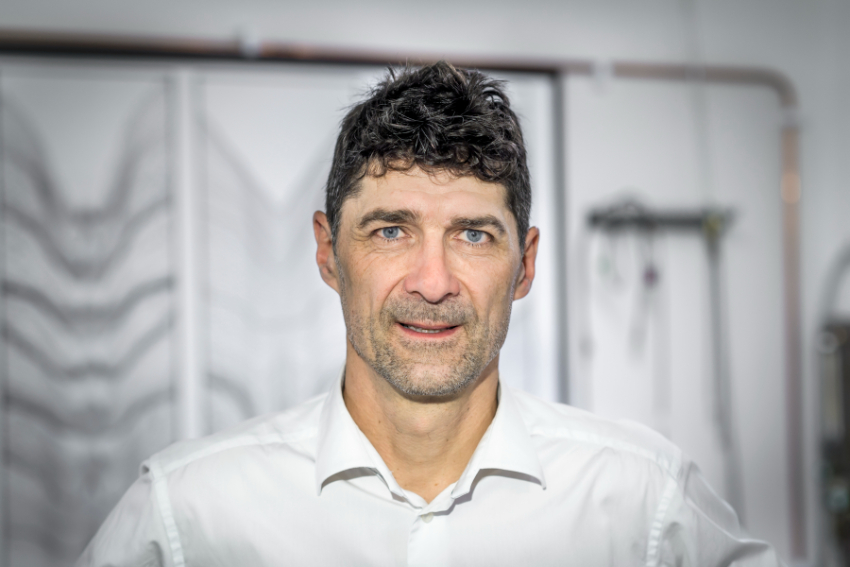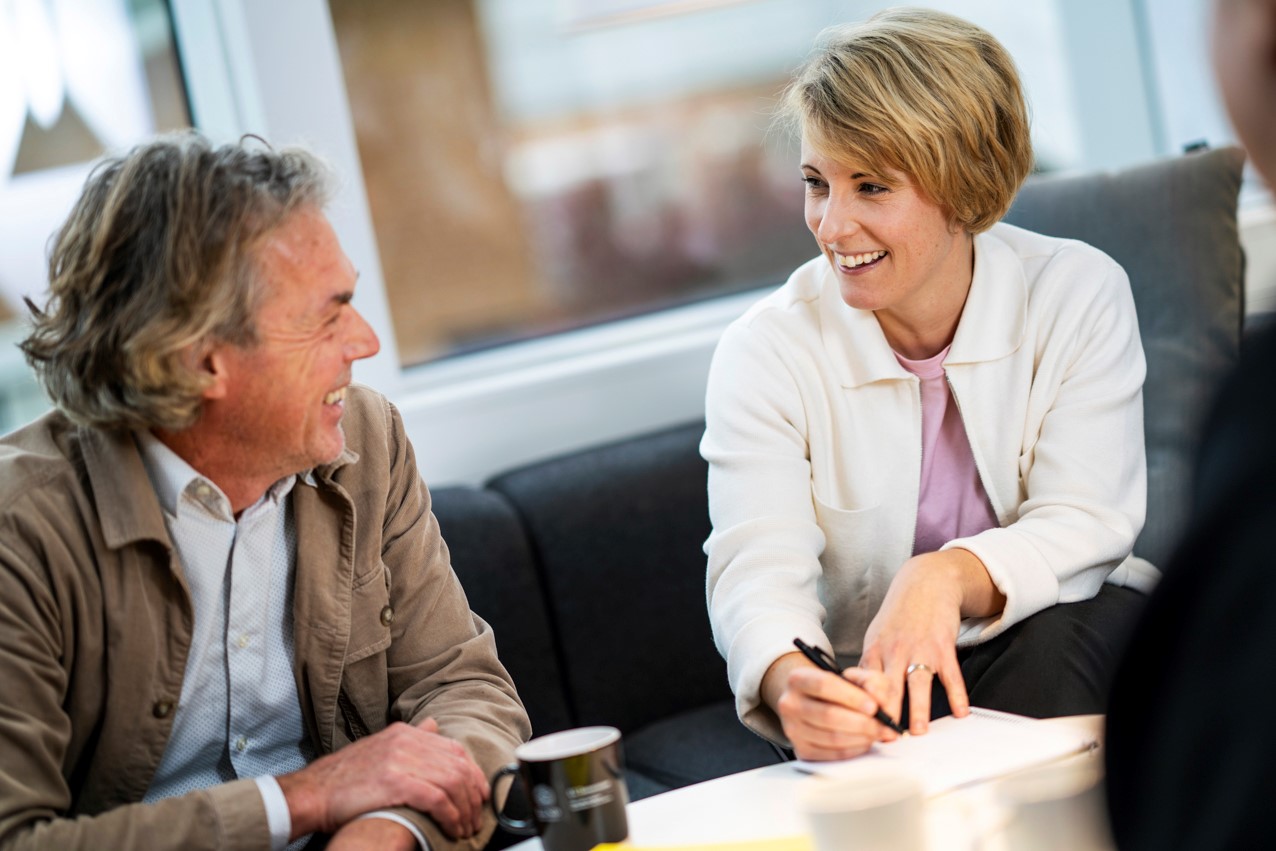"The best of both worlds" – Heiner Linke on why Swedish researchers should invest in innovation
Can innovation strengthen research? Heiner Linke, professor of nanophysics and member of the Royal Swedish Academy of Sciences, has done exactly that by combining research and innovation. His own attitude towards utilisation and innovation has evolved from a sense of duty to passion: "Now I think it's genuinely exciting."
– Published 25 June 2025

Do you see increasing integration of innovation within research?
– Twenty years ago, people talked about a contradiction between basic research on one hand, and applied research and innovation on the other – I think we've moved beyond that. Along with many others, I move daily between basic research and utilisation. Today, I'd say it's seen as enriching rather than contradictory.
Has your work with innovation and entrepreneurship benefited your research?
– As a researcher and co-founder, I think I've managed to create a symbiosis. The company supplies samples to my research group, which saves us considerable time and money and increases reproducibility, while the research group contributes new discoveries – we can be playful and experimental in our approach. For me, the result has been better grant applications, better utilisation, and research that solves real problems.
– Through working with innovation, you learn the mindset – how can this be applied? It's often difficult to relate directly to industry challenges within research, but the connection to innovation makes us better at explaining why we do what we do.
How has your own attitude towards innovation changed?
– Starting out, I felt I was driven more by a sense of obligation. But once the company got going, I became a board member – now I think it's really enjoyable. Both for the symbiosis it creates and for the chance to be part of the journey and learn from people in the startup world
How do you view Sweden's ’professor's privilege’ (lärarundantaget)?
– You get the best of both worlds – you can receive all the support, but you can also have the freedom to go your own way. We've just recruited a researcher from the US who actively chose to move to Sweden because of ‘professor's privilege’ (lärarundantaget). He's realised that Sweden is "the place to be". Sometimes the professor's privilege is described as something cumbersome or problematic and that's unfortunate. Instead, it should be used as a selling point.
Do researchers ever encounter criticism when they work with innovation?
– At NanoLund, everyone agrees that commercialisation is a something positive – here in our environment it's not a problem. Occassionally, it’ relevant to ask yourself the question – am I doing this for the company or for the research? It's important to make sure the situation works well for everyone involved, especially students and other colleagues.
How would you advise researchers thinking about turning their findings into commercial ventures?
– Get help from the innovation support at Lund University – LU Innovation and LU Ventures! It also pays to broaden your perspective and get feedback from people who have experience in the areas where your idea can be applied. Find a way to get the company started in a way that suits you. You don't have to abandon your research career – you can do both! It's possible to be involved from the sidelines while continuing your role at the university. It's quite a privilege, actually. While changing careers and becoming a full-time CEO or CTO can be an exciting opportunity that suits certain people.
By: Emma Renman and Lina Törnquist
Heiner Linke
Heiner Linke is a professor of nanophysics, member of the Royal Swedish Academy of Sciences and fellow of the Royal Academy of Engineering Sciences. His research group studies energy conversion in nanosystems, including thermoelectricity and artificial molecular motors. He was Director of NanoLund 2013–2020 and Deputy Dean of LTH 2021–2023.
In 2019, he founded Aligned Bio together with LU Ventures. Aligned Bio develops nanowire-based biosensors with high sensitivity for cancer detection and DNA sequencing. The company combines patented technology from NanoLund with new research to create cost-effective solutions in the biosensor market.

For researchers at Lund University
Are you interested in exploring the innovative potential of your research? Book an initial meeting with LU Innovation, Lund University's innovation office, to discuss your research results, or join the INSIGHTS programme, a series of four morning seminars, starting on 25 September.
About INSIGHTS and the events starting from 25 September (on lu.se)
